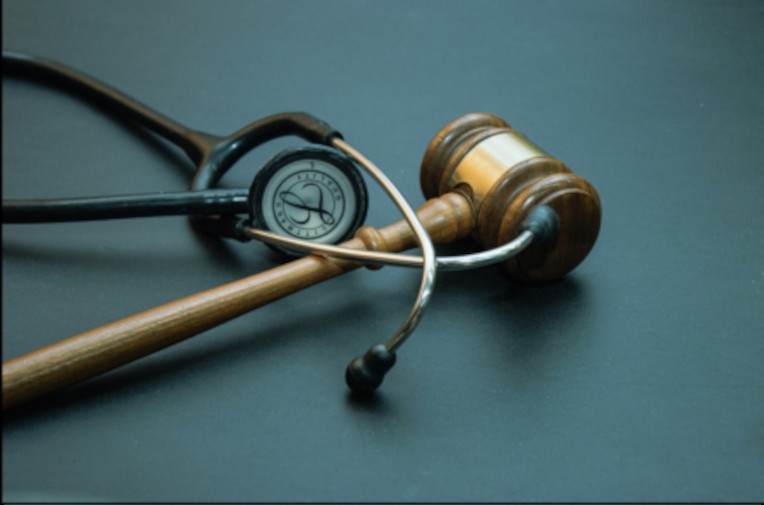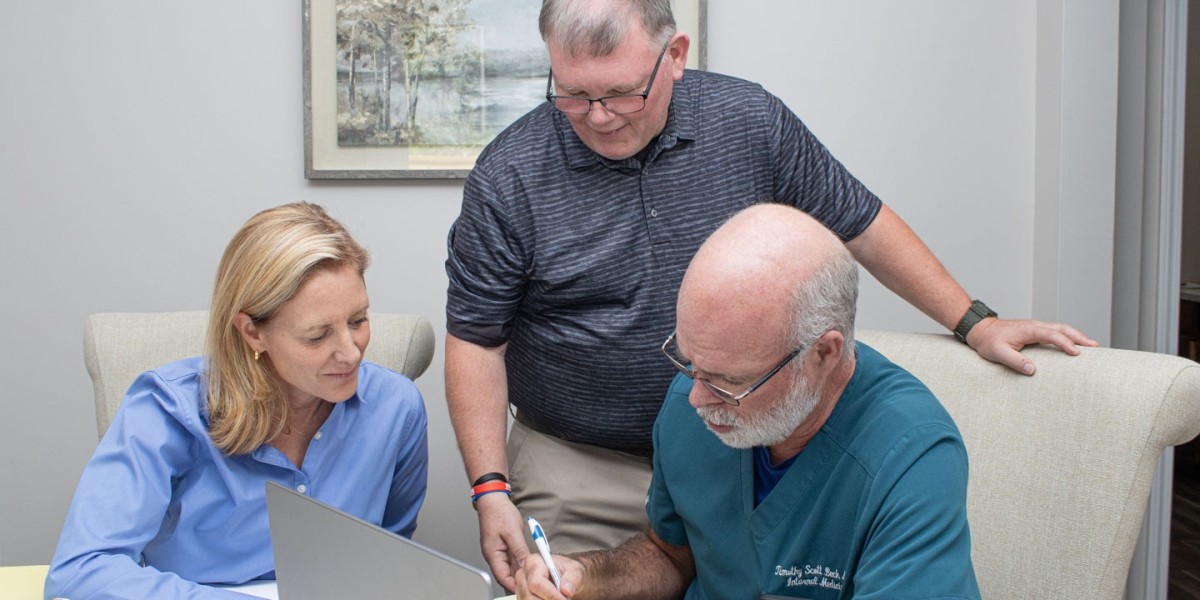Effective medical document review is a crucial skill for attorneys handling cases involving medical evidence. Whether it’s a personal injury lawsuit, medical malpractice claim, or insurance dispute, the ability to thoroughly and accurately review medical records can significantly impact the outcome of a case. Here are some top tips for conducting an effective medical document review.

Medical document review
1. Organize the Documents Before Review
Before diving into the review process, it’s essential to organize all the medical documents systematically. This organization might involve arranging them chronologically, by type of document (e.g., progress notes, test results, treatment records), or by healthcare provider. Proper organization ensures that no documents are overlooked and makes it easier to trace the timeline of events. Using digital tools and software that allow for tagging, indexing, and categorizing documents can enhance the organization and retrieval of information during the review.
2. Understand the Medical Terminology
Medical documents are often filled with complex medical terminology, abbreviations, and jargon. To conduct an effective review, it is vital to have a solid understanding of these terms. Attorneys should consider using medical dictionaries, online resources, or consulting with a medical professional to clarify any unfamiliar terms. Understanding medical language not only aids in interpreting the documents correctly but also helps in identifying any inconsistencies or errors that may be relevant to the case.
3. Look for Key Information
Not all information in medical documents will be relevant to the legal case. Identifying and focusing on key information is crucial. Key areas to focus on include:
- Patient’s Medical History: Understanding past health conditions, treatments, and surgeries provides context for the current medical issues.
- Chronology of Events: Timelines of symptoms, diagnoses, and treatments are critical for establishing cause and effect in legal cases.
- Diagnostic Tests and Results: These provide objective evidence of the patient’s condition and can confirm or refute claims.
- Treatment Plans and Compliance: Information on prescribed treatments and the patient's adherence to these plans can impact the outcome of the case.
4. Verify the Accuracy of Records
Medical records are not immune to errors, whether due to data entry mistakes, misdiagnoses, or inaccuracies. Part of an effective review involves cross-checking information across different documents for consistency. Look for discrepancies in dates, treatments, or diagnoses, and be vigilant for any signs of alteration or tampering. Verifying the accuracy of records helps ensure that the evidence is reliable and strengthens the credibility of the case.
5. Take Detailed Notes and Summarize Findings
During the review process, taking detailed notes is essential. Document observations, discrepancies, and important findings. Creating summaries of the medical records can be helpful for quick reference and for presenting information clearly to clients, experts, or in court. Summarized findings provide a concise overview of the medical evidence, making it easier to communicate complex information to non-medical professionals.
6. Consult with Medical Experts
For complex cases or when facing unfamiliar medical issues, consulting with a medical expert can provide valuable insights. Medical experts can help interpret complex findings, explain standard medical practices, and provide opinions on whether the care provided met accepted standards. Their input is crucial in ensuring that all medical aspects of the case are understood and accurately represented.
7. Leverage Technology
Using specialized medical document review software can significantly enhance efficiency and accuracy. These tools can assist with organizing, searching, and annotating documents. They often come with features like keyword search, automated indexing, and data extraction, which streamline the review process and reduce the risk of human error. Leveraging technology allows for a more thorough and time-efficient review.
Conclusion
Effective medical document review is essential for building strong legal cases involving medical evidence. By organizing documents, understanding medical terminology, focusing on key information, verifying accuracy, taking detailed notes, consulting with experts, and leveraging technology, legal professionals can enhance their review process. These practices not only improve the quality of the review but also ensure that legal arguments are well-supported by accurate and relevant medical evidence, ultimately contributing to successful case outcomes.



